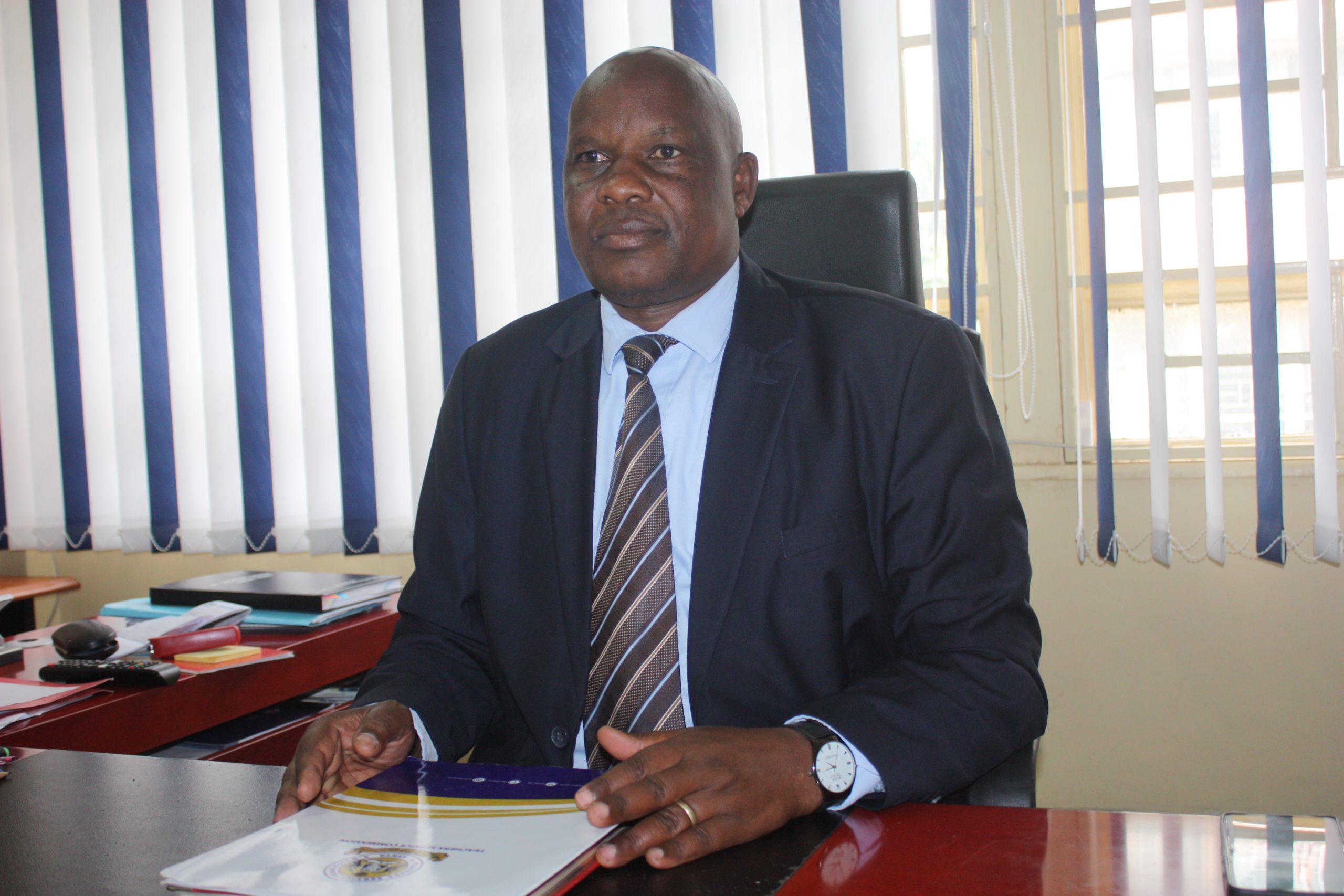By James Wakahiu
Five Kenyan universities are fast-tracking multiple programmes in their institutions to make their lecturers and students ‘think business’ and to enable them to spill out money-making projects from their various teaching and learning courses both for themselves as well as for their colleges.
The idea to make the local university fraternity more entrepreneurial-minded in their thinking is being spearheaded by a group of Germany universities under a programme funded by the Federal Republic of Germany. Already at Karatina University for example, entrepreneurship is now a compulsory course. This means that, a graduate of Karatina University has some idea on the concept of entrepreneurship.
Karatina University Vice Chancellor Prof Mucai Muchiri says the institution has been sensitising the teaching staff and students on the need to have an entrepreneurial mindset, change of attitude towards self-employment and solving corporate issues. “A Bachelor of Science degree in Entrepreneurship has been introduced in our School of Business. The school has also revised the entrepreneurship curriculum so that its lecturers can use an action- based method which is rooted in a specific set of practices targeting all types of students,” Prof Muchiri said during an international conference held last week at Mount Kenya University (MKU) in Thika town.
Prof Muchiri proudly presented several successful businesses already in operation after being incubated at Karatina University. These include the Value Added Purple Tea project, a business that aims at promoting value added purple tea as a healthy drink that can prevent lifestyle diseases and an enhancer of the human immune system. Purple tea growing and processing is now one the quickest growing businesses in Central Kenya.
“Fast Responder is a business that aims at curbing insecurities especially in the transport sector. It is a software application that links a device fitted in the vehicles to an application in a smartphone. There is also Regal-Pearl Industries, a business idea of making ornamental products using pearls. The uniqueness of the business is that it will create oyster farms which will be used to harvest pearls, which will be used to make ornaments,” Prof Muchiri said.
The blended forum, which brought together 10 universities from Germany and Kenya, was held on Thursday 7th October 2021 and attracted both in-presence participants and virtual participants at the Mwai Kibaki Convention Centre at the MKU main campus in Thika town. The meeting provided a platform through which Collaboration for Entrepreneurial Universities (CEPU) and Developing Entrepreneurial Universities in Kenya (DePUK) projects disseminated their findings on possible toolkits to creating entrepreneurial universities in Africa as well as demystifying an entrepreneurial university in a dynamic world.
The meeting was jointly organised by (CEPU) and (DePUK) under the theme: “Entrepreneurial Universities in Kenya” and was funded by the German Academic Exchange Service (DAAD) and German’s Ministry for Economic Cooperation and Development. Participants came from Germany’s Bonn Rhein-Sieg University of Applied Sciences, Leuphana University, University of Leipzig, Wismar University of Applied Sciences and University of Saarland. Apart from MKU and Karatina University other local colleges were Kenyatta University, University, Chuka University and Dedan Kimathi University of Technology.
Welcoming participants, Prof. Deogratius Jaganyi, Vice-Chancellor at MKU (a partner university for the Project Collaboration for Entrepreneurial Universities (CEPU) urged the Germany and Kenyan partner universities in the two projects to ensure the gains made by these two projects are not lost. “The key feature of entrepreneurial universities is their capacity to explore new ideas on integration of new technology and business practices for socio-economic development,” he said.
Prof Jaganyi said Entrepreneurial Universities create jobs and also train their students on job creation. “They get into patenting agreements to create new companies, which ultimately lead to more jobs and wealth creation for socio-economic growth. Entrepreneurial universities also fully embrace university-industry collaborations, community driven outreach programs and seek every available way of being relevant to the community,” he added.
In his virtual keynote presentation, The chief guest Dr Kamal Bhattacharya, Professor a Pro-Rector Research and Transfer at International University of Applied Sciences, Germany said universities need to think beyond the brick and mortar model, which is not scalable and sustainable.
“Colleges must embrace online education through large-scale adoption of technologies that is critical for entrepreneurs in the continent amidst global competition,” he said.
Dr Kamal called on government policies to be supportive and avoid regulatory and economic constraints.
“Africa is a growth market and the university of tomorrow is a cyber- physical ecosystem of learning that needs convergence of community-based learning, mentorship based learning, problem-solving learning and time management. Innovations using technologies impact life like M-pesa innovation has increased financial inclusion,” he said.
The professor said entrepreneurship-minded universities should augment the entrepreneurial skills in the curriculum delivery, adding that such business skills ought to be needed to be localised.
Beate Schindler-Kovats, Head of Branch Office, Representative of the DAAD in Kenya, Uganda, Tanzania, Rwanda, South Sudan, Ethiopia and Burundi, decried the high unemployment rates in Africa and called for African universities to adjust training with labour market demands.
“Four years of funding by DAAD has achieved a lot, with 33 workshops under held under CEPU so far. Kovats promised that Daad will continue to support new funding projects. “Key payers in DAAD believe in spirit of joining hands, having project partners, capacity building, scholarships, networking and management,” she said.
CEPU supports the Kenyan partner universities in their efforts to improve the employability of their graduates and to promote the knowledge transfer into society through a stronger professional and practical orientation of the courses offered as well as strong networking with their social and economic environment. To this end, joint reform measures for the labour market-oriented focus of the two Kenyan universities have been conceived and implemented. For instance, CEPU runs Student Training in Entrepreneurship Promotion (STEP) Kenyatta University and Mount Kenya University.
On its part, DePUK supports development of an entrepreneurship ecosystem through need assessment and self-assessment of partner institutions, strategic development geared towards entrepreneurial mindset, exchange programmes, capacity building of faculty and establishment of formats to increase entrepreneurial thinking and acting. The project is run by University of Saarland in collaboration with Chuka University, Karatina University and Dedan Kimathi University of Technology.






